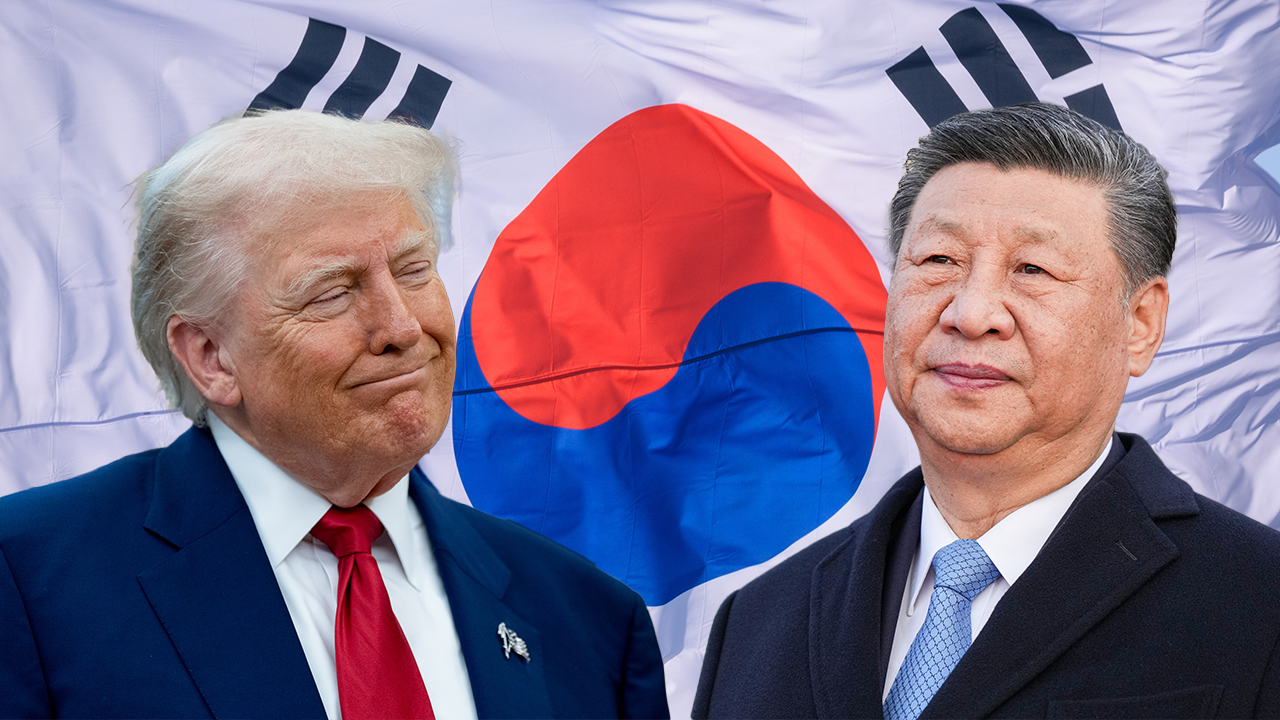South Korea’s presidential race centers on relations with China and US alliance

South Korean voters turned out in record numbers this week ahead of the June 3 presidential election, which is being closely watched as a pivotal race amidst threats from China and strained relations with the U.S. due to President Trump’s tariffs. The frontrunner in the race, Lee Jae-myung of the progressive Democratic Party of South Korea, has raised some eyebrows with his vow to take a “pragmatic” approach to geopolitics by easing hawkish positions on China and lessening dependence on the U.S.
During a recent debate, Lee emphasized the importance of expanding the U.S.-South Korea-Japan partnership while also asserting that Seoul cannot be unilaterally bound to relations with Washington, especially in the face of U.S. geopolitical rivalries. He stressed the need to manage ties with China and Russia appropriately and avoid unnecessarily hostile approaches.
Former California GOP Congresswoman Michelle Steel, who was born in South Korea, expressed concerns about China’s aggressive behavior in the region and the threat it poses to neighboring countries like Taiwan, South Korea, and Japan. She emphasized the need for the global community to be vigilant against Chinese expansionism.
The presidential race in South Korea has taken a foreign policy-centric turn following the impeachment of conservative former President Yoon Suk Yeol in December 2024. Yoon, who was aligned with the U.S. in opposing Chinese aggression, left a void that candidates like Lee and his chief challenger, Kim Moon-soo of the conservative People Power Party (PPP), are looking to fill.
While Kim Moon-soo has pushed back on Lee’s approach to China and the U.S., Lee has reassured voters that the South Korea-U.S. alliance is important and should continue to grow. However, he has criticized certain policies of the Trump administration, such as tariffs and potential troop withdrawals, for eroding the relationship.
Despite Lee’s reassurances, some remain skeptical of his stance on U.S. relations. David Eunkoo Kim, founder of the Truth Forum, a conservative youth organization, raised concerns about Lee’s alignment with pro-North Korean and pro-Chinese agendas, as well as his legal troubles related to a cash transfer scheme to North Korea.
As tensions with North Korea escalate, Lee has emphasized the importance of peaceful diplomacy to ease tensions on the Korean Peninsula. However, critics like David Eunkoo Kim warn that Lee’s legal troubles could make him vulnerable to aligning South Korea more closely with Beijing, which is already asserting influence in the region.
The upcoming election in South Korea is seen as a critical moment for the nation, with high stakes both domestically and geopolitically. As voters head to the polls, the outcome of the race will have far-reaching implications for South Korea’s foreign policy direction and its relationships with key global players like the U.S. and China.




